
Everything you need to know about ABELDent’s System Security and Password Safety
ABELDent's Authorization Manager has built-in system security measures to help you protect your practice's valuable data. Read our blog post and watch our video showing you ABELDent's Authorization Manager and System Security features, and learn about the types of threats you need to watch out for. Additionally, read on to learn about the best practices for setting up passwords, storing/memorizing passwords, and keeping your practice safe from potential hackers.
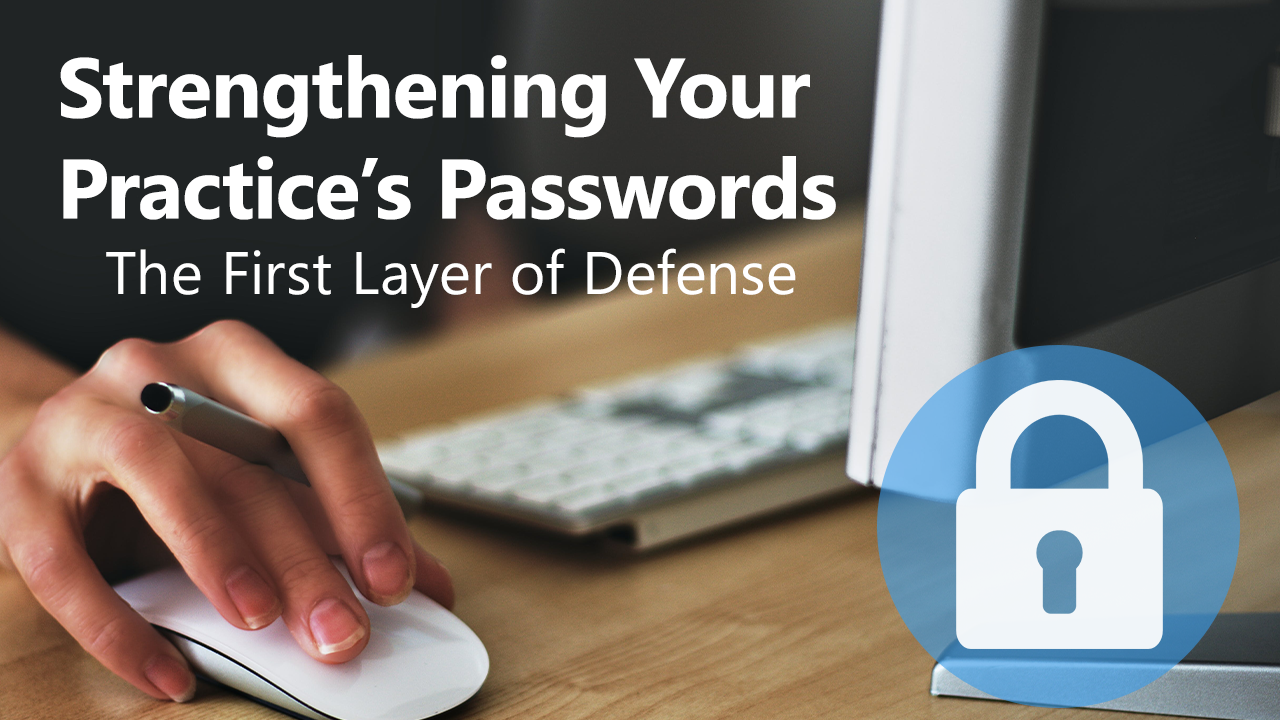
Strengthening Your Practice’s Passwords: The First Layer of Defense
With cybercrime growing more and more prevalent, we want to remind you to keep password hygiene in mind. This blog post discusses the first layer of defense from hackers: strong passwords. To learn about the best practices for maintaining, updating, and storing your practice's passwords, read on.
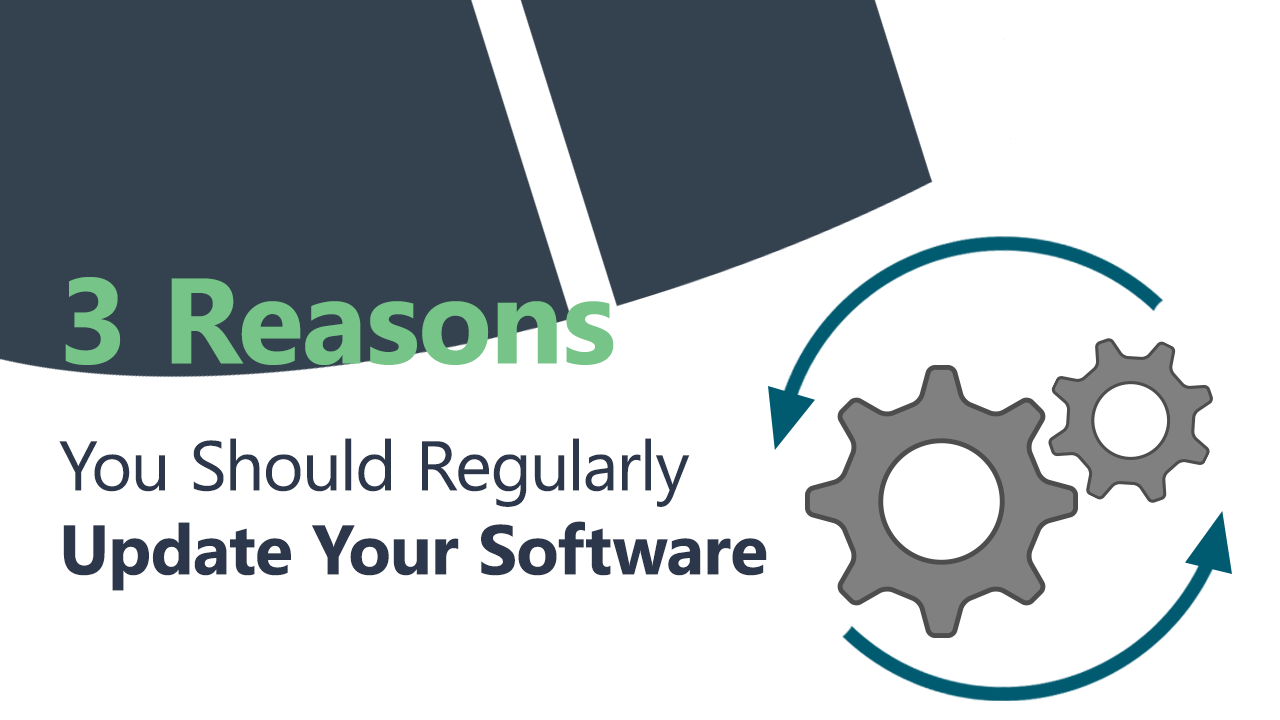
Three Reasons You Should Regularly Update Your Dental Software
Updating your dental software may seem like something that you only need to do infrequently, such as when there is a major new feature or capability in an update. There are, however, incredibly important reasons for updating your software (and, in some cases, hardware) as new updates become available. From protecting your valuable practice data with security patches to running more efficiently with new features and bug fixes, here are three crucial reasons for keeping your dental software and hardware regularly up to date.
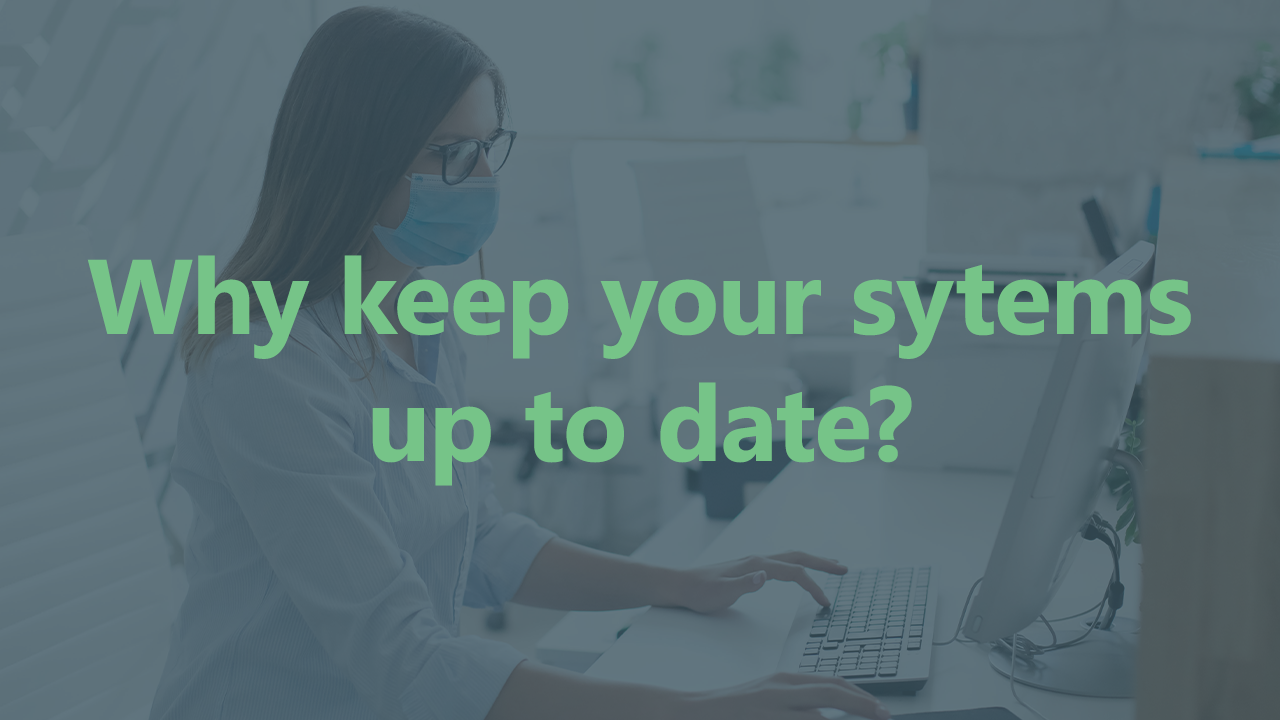
One Key Reason to Always Keep Your Software Up to Date
Over the past few decades, cyberattacks have evolved into large-scale threats with devastating consequences. Governments, healthcare providers, businesses, service providers, and even individuals fall victim to ransomware, phishing scams, and malware. Healthcare is one of the industries most at risk of cyberattacks. Patient data has a high price tag for hackers searching for personal health information (PHI) and financial records. In addition to complying with security best practices, there are some ground rules for keeping your practice data safe from hackers. In this blog post, we will explore the reasoning behind why your office should always keep all software and operating systems up to date from a data security standpoint.
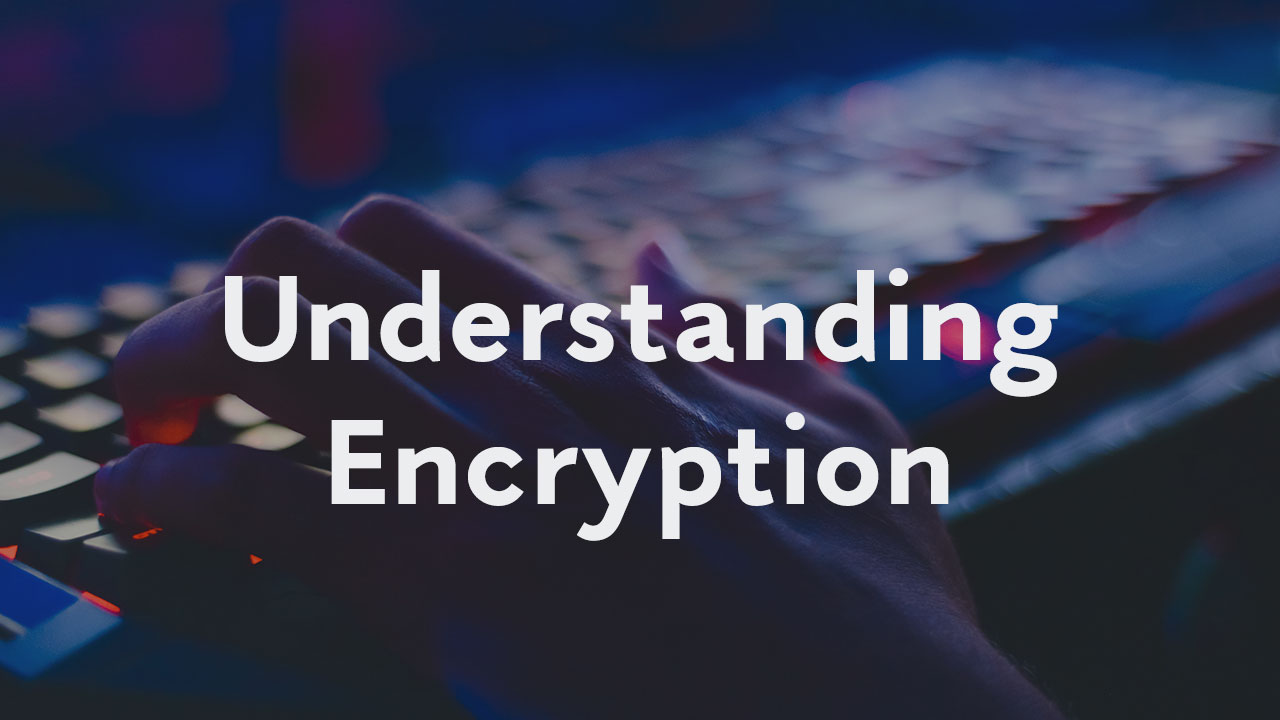
Understanding Data Encryption’s Role in Your Dental Practice
Encrypted data is a software and technology industry standard. Data encryption is necessary in the healthcare industry, working as an effective tool to protect patient information (PHI). In this blog post, we want to help you understand the importance of data encryption and explain the steps ABELDent takes towards protecting and securing your practice’s valuable information via encryption.
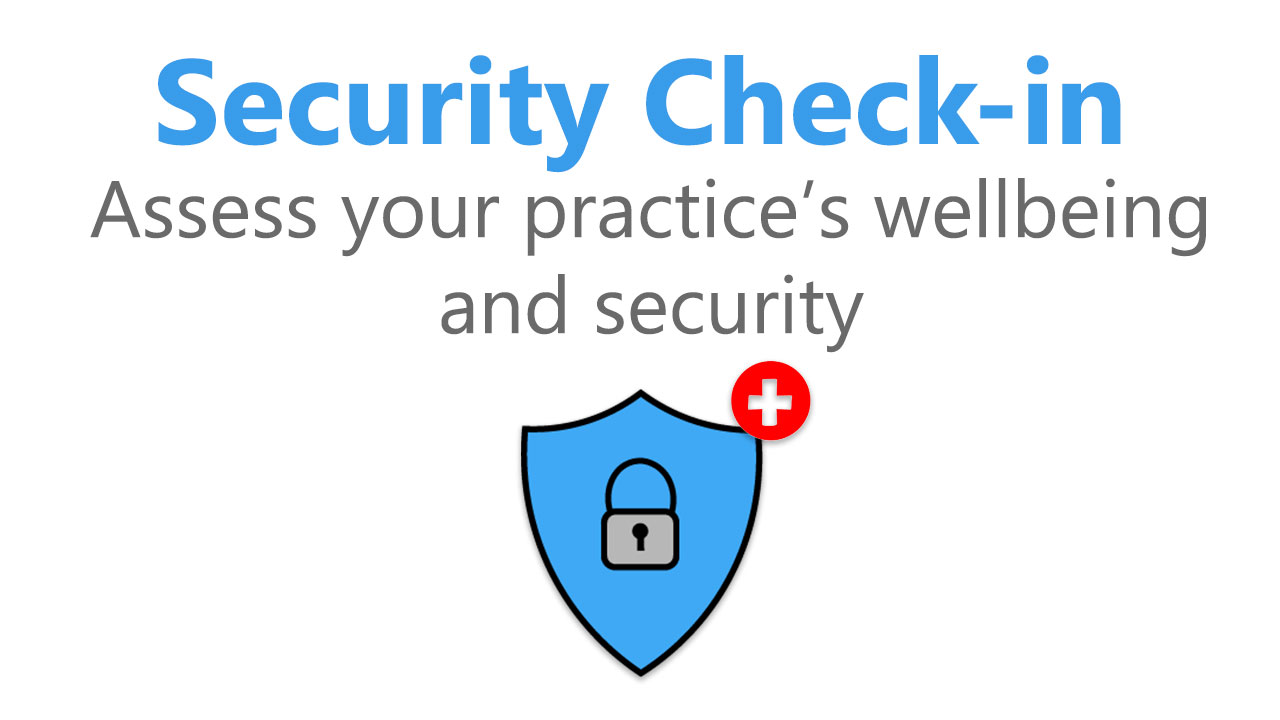
Check Up On Your Practice’s Security
How often does your office do a security check-up? Much like personal wellness, your office’s security also requires regular maintenance. Keeping your practice safe is not limited to one security precaution, but rather, a network of systems, practices, and precautions that together continually prevent threats and breaches. Ensuring all your practice’s security steps are seamlessly coordinated is the key to ensuring your office is best protected from cyberattacks. In this blog, we have compiled some key points for assessing your practice’s security.
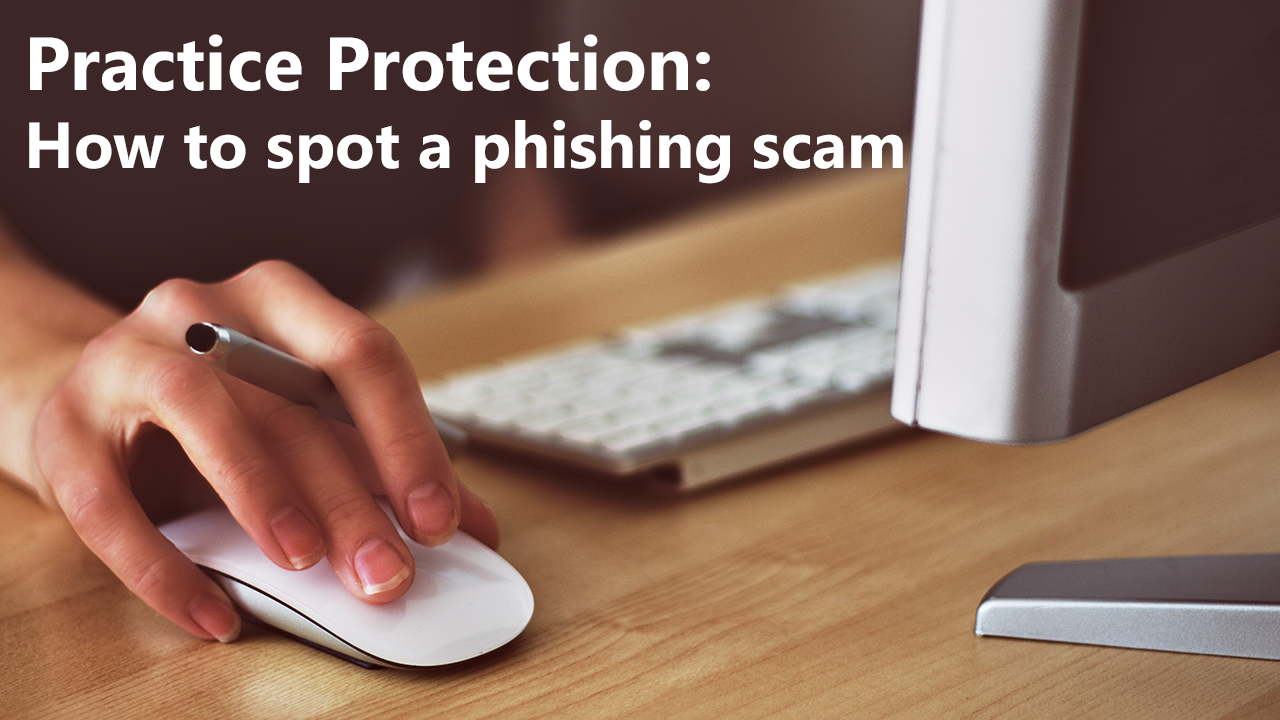
Practice Protection: How to spot a phishing scam
With the digitization of much of our everyday tasks, ransomware poses as huge risk to companies, healthcare providers, and even governments. COVID-19 resulted in even more digitization, and therefore a higher occurrence of cyberattacks. In this post we are expanding on our blog post from April 2020 to provide you with some updated advice on protecting your practice from ransomware.
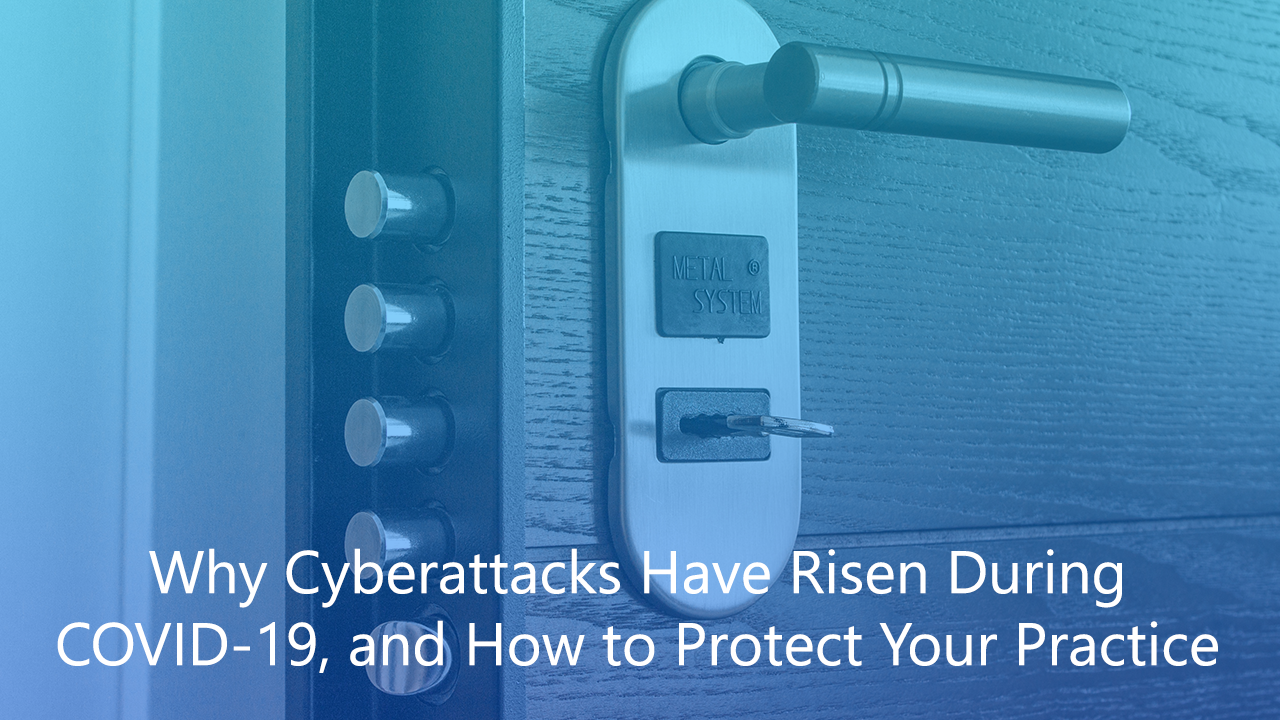
Why Cyberattacks Have Risen During COVID-19, and How to Protect Your Practice
As mentioned in previous posts, the COVID-19 pandemic opened the door for increased cyberattacks of all kinds. With many of our interpersonal communications moving online, hackers and criminals are continuously finding new ways to compromise our cybersecurity, and by extension, access our personal information. This problem goes beyond our personal devices, however, as healthcare-providers are a major target due to the valuable information that is kept on file. With countless breaches, ransomware attacks, and lost data, healthcare providers are turning to off-site backup services to ensure their patient and office data is safeguarded from threats.
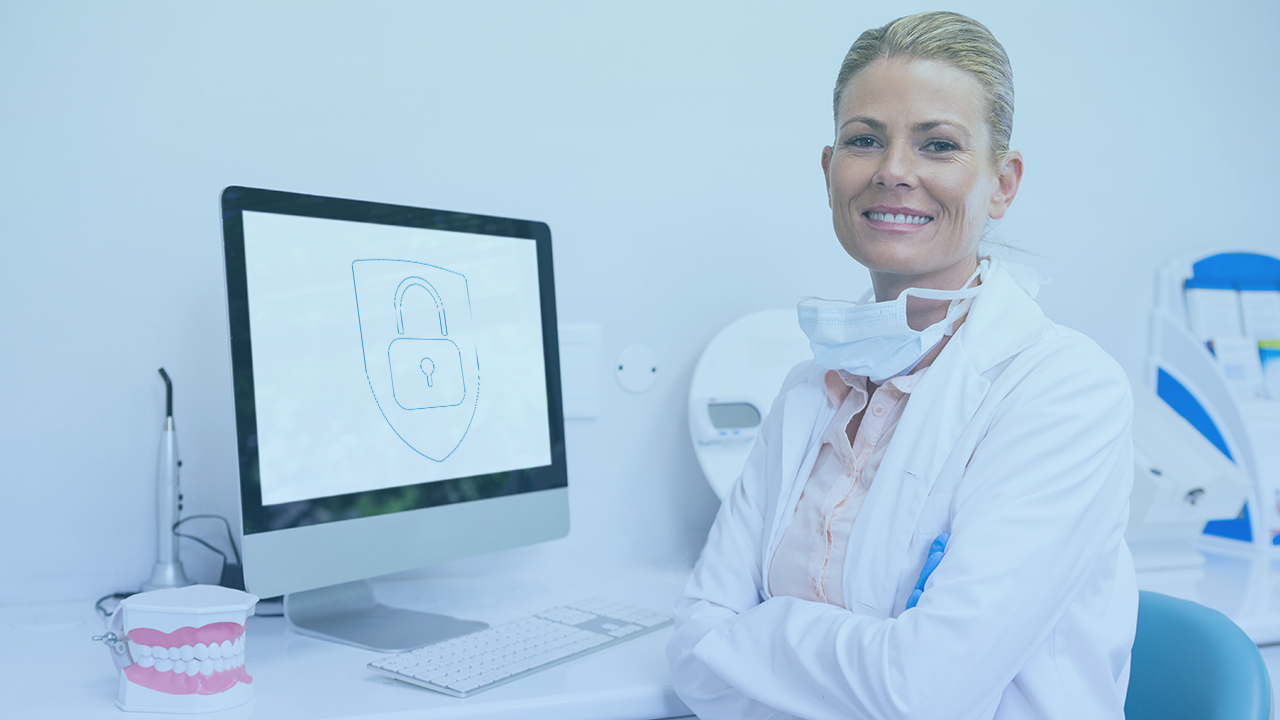
3 Simple, Necessary Steps to Take for Data Security
Security professionals, financial advisors, and even government agencies suggest that in 2020, cyberattacks can be more devastating on a business than a natural disaster. If your office faced a cyberattack today, would you have a plan to follow to recover your valuable data?
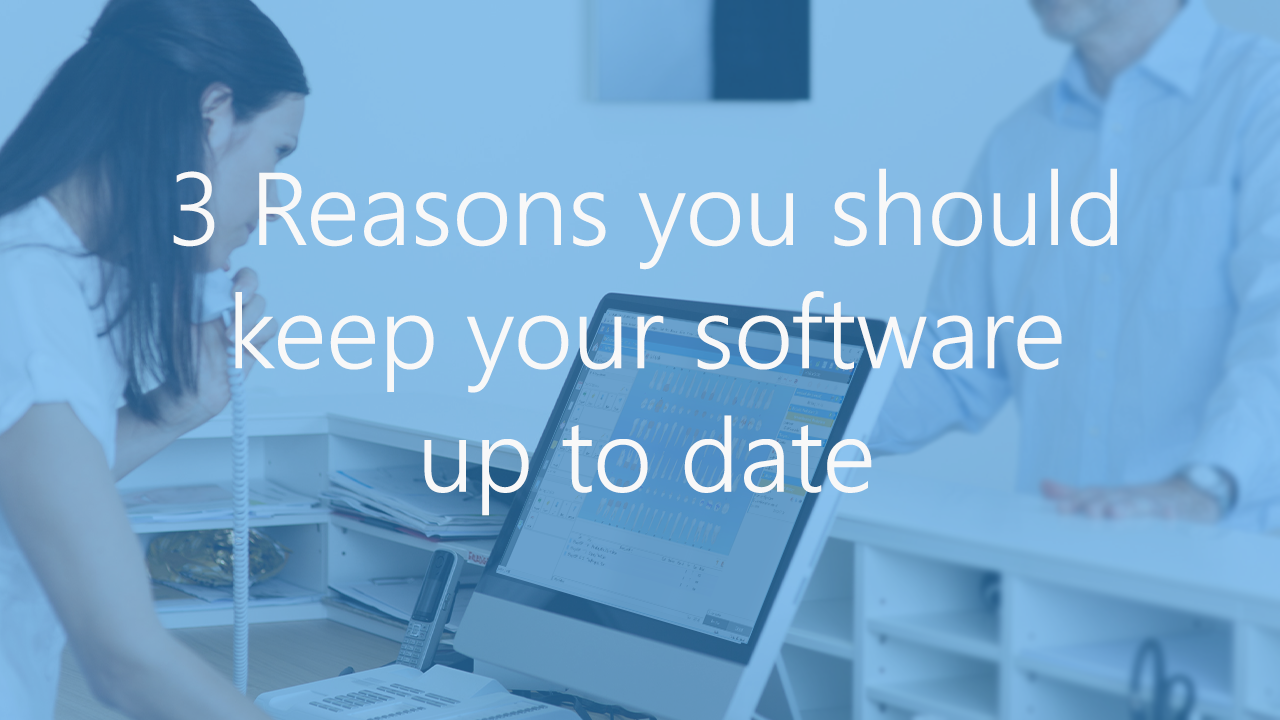
3 Reasons You Should Keep Your Software Up To Date
In a Pew Research Center study on Americans and cybersecurity, roughly one out of ten people do not update their smartphone software at all. While ignoring software updates poses a major risk to the individual user’s security, a staggering number of people still choose to stay with the older version of the software. Why is this the case?

Protect Your Practice as Cyberattacks Increase
Multiple threats are challenging dentists worldwide, including cybersecurity at this time. Cyberattacks have risen by 37% in one month, cited by Phil Muncaster at the Infosecurity Group. Hospitals have been experiencing international ransomware attacks from hackers taking advantage of the current situation. When hospitals are unable to access their data and applications, the treatment process -
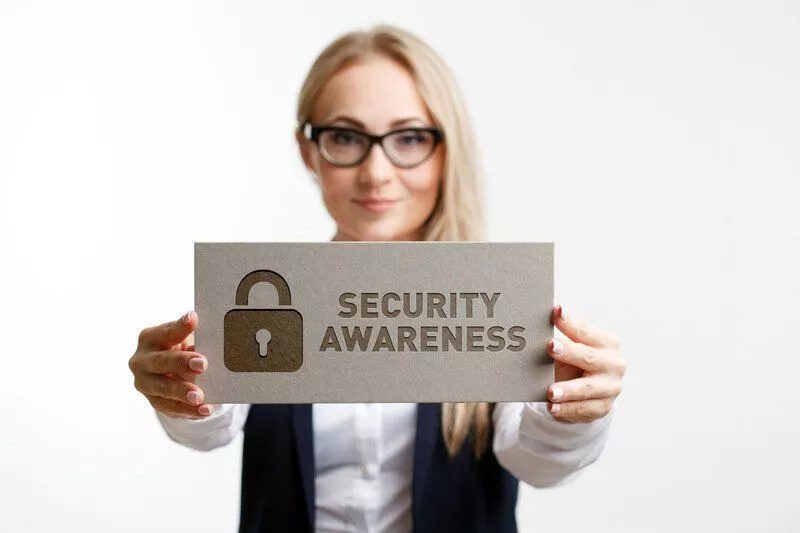
4 Ways Dental Clinics Can Improve Security Awareness
Most dentists I know have dozens of things to keep track of even on the slowest day, and it’s not surprising that cyber security is often far down the list of concerns of the clinics that I talk to. Unfortunately, cyber criminals seem to be taking advantage of this situation: cyber attacks now impact hundreds of dental offices in the United -

Dental Software Development: Tips to Help You Communicate Better with Your Vendor
When you start up your dental practice management system at the beginning of the day, do you ever wonder how what you see on the screen ended up getting there? In short, what you are viewing is the collaborative effort of multiple team members and departments of your dental software vendor. First there are individuals -




